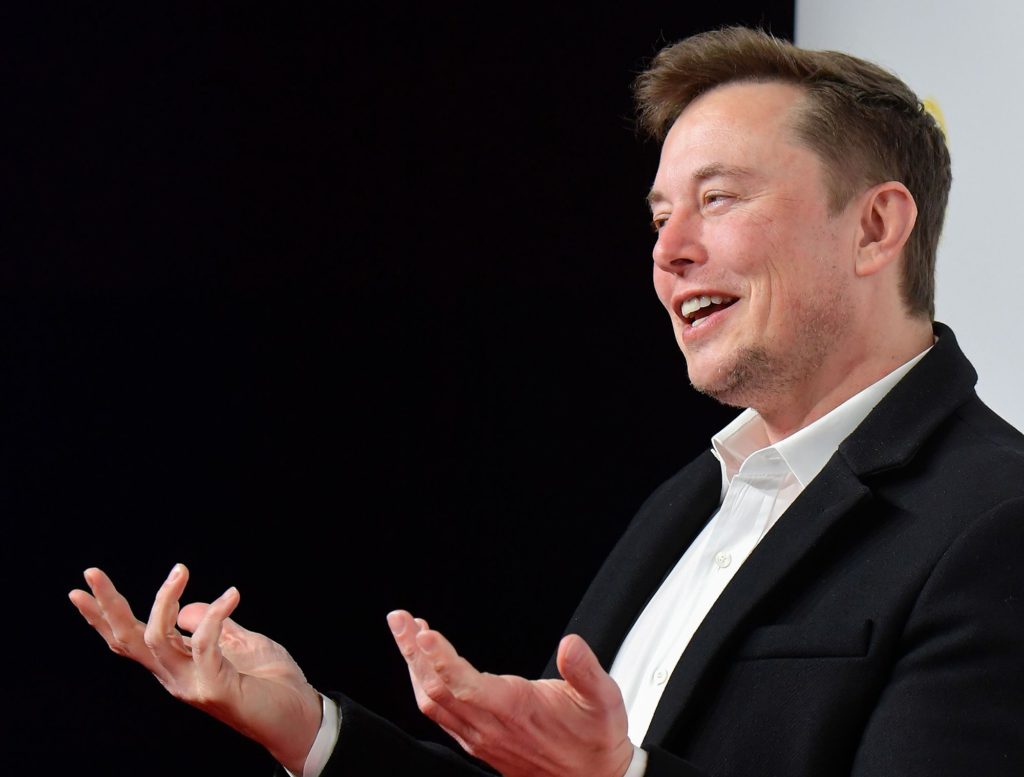(Bloomberg) — Publicly, Elon Musk has said he doesn’t care about the economics of owning Twitter Inc.
But during a hectic, multi-day scramble to line up $46.5 billion of funds to buy the social media platform, the world’s richest person shared enough of a vision with a dozen banks to persuade them to pull out their checkbooks.
Musk’s plan for loading Twitter with more debt without tipping its credit rating into the deepest levels of junk was a crucial factor in getting the banks to bet on his bid, according to people familiar with the matter.
Since they’re being asked to back an unsolicited offer, where access to the target’s books is off limits, potential lenders weren’t able to do due diligence on Twitter beyond what’s in public filings. So, in deciding whether to offer up billions of dollars in financing over a matter of days, they mostly had to rely on Musk’s plans.
Musk’s advisers presented the billionaire’s investment thesis to potential lenders during a call Monday. Some of the lenders saw a slide presentation offering Musk’s ideas around how Twitter’s business could be run, as well as its financial profile and how to boost revenue, said the people, who asked not to be identified as the details aren’t public.
Musk’s enthusiasm for the deal was also emphasized and he appeared on Zoom calls with some of the top lenders where he appeared engaged, some of the people said.
While Musk has tweeted about plans to authenticate Twitter users and stop paying its board a salary, he’s not publicly outlined much about how he’d manage the company.
After weeks of questions over Musk’s Twitter bid, things got more serious on Thursday as he revealed details of how a takeover would be financed.
The Tesla Inc. mogul lined up about $13 billion in debt financing and a $12.5 billion margin loan commitment from Morgan Stanley and 11 other banks, and pledged an additional $21 billion through equity financing. Besides Morgan Stanley, other banks that appeared on both loans include MUFG Bank, Bank of America Corp., Mizuho, BNP Paribas SA, Societe Generale SA and Barclays Plc.
Twitter has yet to respond to his proposal beyond saying it’s conducting a comprehensive review of the offer. The company has a quarterly conference call on Thursday and investors will be watching to see whether management addresses the bid.
When Musk unveiled his $54.20-per-share offer for Twitter on April 14, he said Morgan Stanley was on board as his lead adviser. As well as being the first to offer to provide debt, the Wall Street giant led the process of getting other banks involved.
Lenders were approached on Saturday, and pulled all-nighters as they rushed to get the deal together over the Easter and Passover break and into this week, people familiar with the process said. Most of the banks signed commitment letters Wednesday, which also happened to be April 20 or 4/20 — a cannabis in-joke that Musk has often referenced. The details were made public the next day.
Morgan Stanley also coordinated calls between Musk’s family office and other lenders as they wrapped their heads around the numbers, the people said. A representative for Morgan Stanley declined to comment. Elon Musk didn’t immediately respond to a request for comment via his family office.
The quick turnaround meant that not every lender was able to get the green light fast enough to participate in all the financing, with some only signing up for a $12.5 billion margin loan to Musk, secured in part by his Tesla holdings.
It’s highly unusual for a package comprising both debt and a margin loan to be assembled so quickly, some of the people said, with margin loans often taking about a week to come together.
If a deal goes ahead, the margin loan would be the largest tracked by the Bloomberg Billionaires Index, a ranking of the world’s richest people.
With markets becoming turbulent in recent months amid soaring inflation and the war in Ukraine, several banks have been burned after underwriting aggressive, debt-fueled deals that they later struggled to offload to risk-averse investors.
Twitter isn’t exactly the type of profit machine that lenders would finance with massive amounts of debt. It’s already junk-rated, and cash flow in recent years has been choppy. Several market participants interviewed this week say the economics wouldn’t make much sense to most private equity investors.
Read more: Musk Is Said to Vet Potential Equity Partners for Twitter Bid
Banks felt good about the deal because of Musk’s vision but also because Musk was willing to commit such a large amount of equity. The equity portion is currently more than 40% of the purchase price, but could be significantly higher, some of the people said.
(Updates with more details starting in fifth paragraph on financing banks, Twitter earnings date in ninth)
More stories like this are available on bloomberg.com
©2022 Bloomberg L.P.











